Hormone imbalance is a medical condition that affects many people. It can cause a wide variety of symptoms, making it difficult to diagnose. For a general audience of non-medical people, we will discuss hormone imbalance, its symptoms, and how it can be treated.
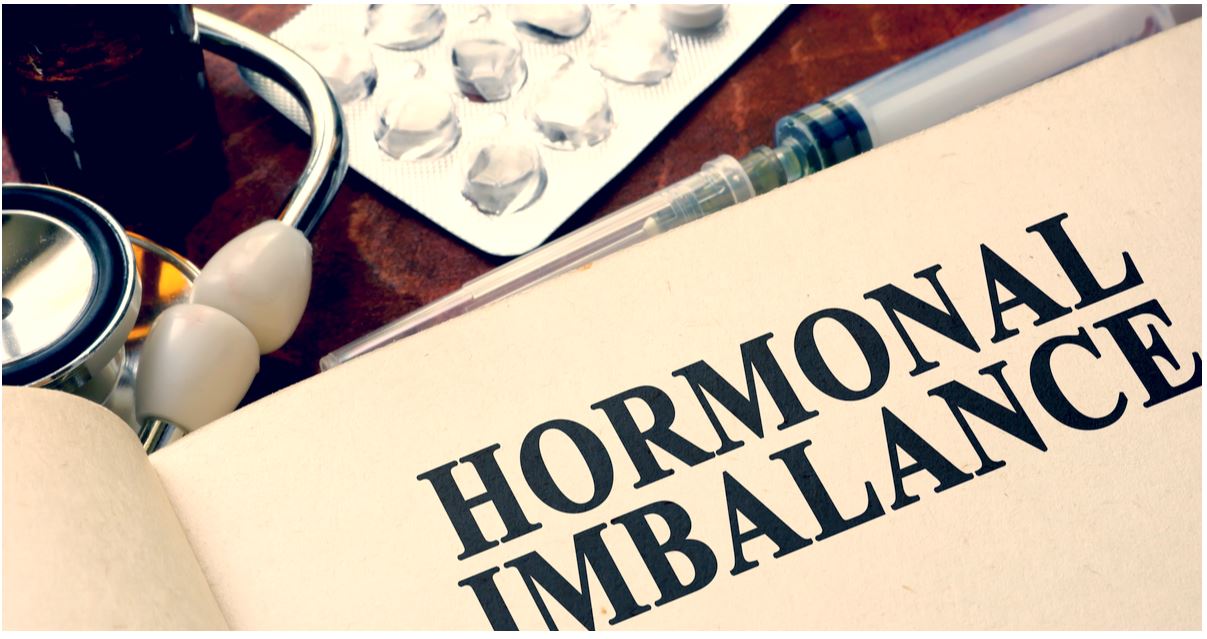
What is the cause of hormonal imbalance?
There are many different causes of hormone imbalance. It can be caused by a variety of factors, including aging, pregnancy, menopause, birth control pills, thyroid problems, infections, and autoimmune destruction of glands, to mention a few.
What are the symptoms of hormone imbalance?
The symptoms of hormone imbalance can vary depending on the person. However, some common symptoms include fatigue, weight gain, mood swings, anxiety, depression, hair loss, dry skin, and irregular periods. Hormone imbalances can have a significant impact on your quality of life.
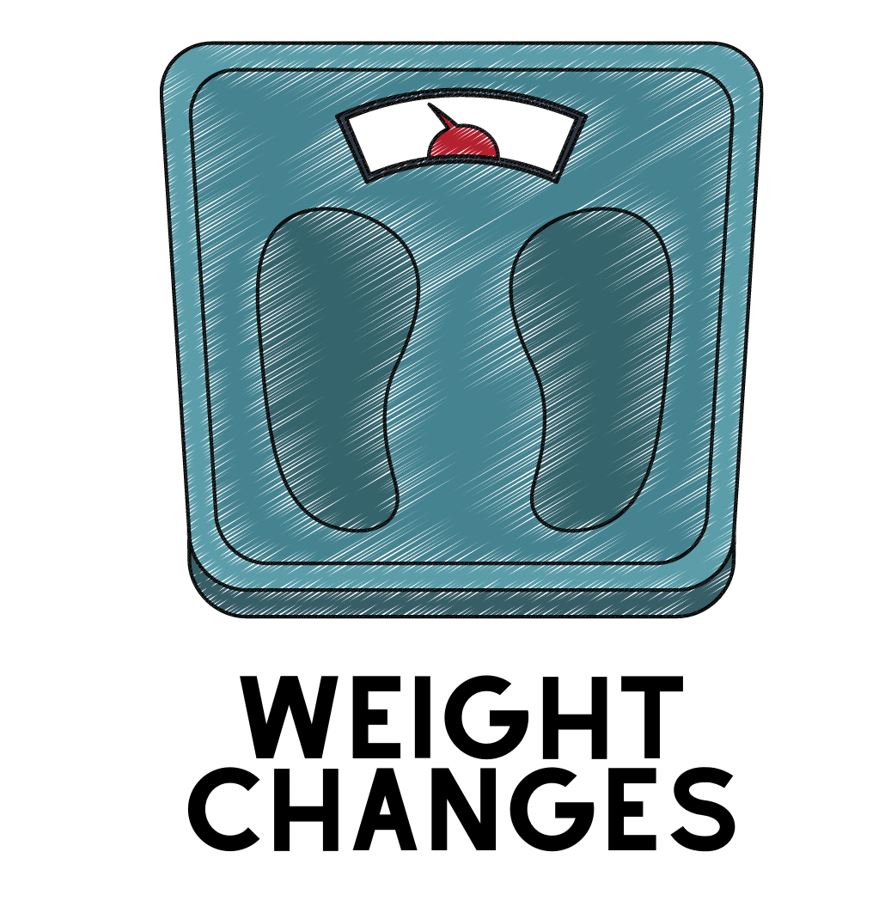
Hormones controlling body weight
Hormonal imbalances can have a significant impact on appetite and weight. The two main hormones that regulate hunger are ghrelin and leptin. Ghrelin is produced by the empty stomach and increases hunger, while leptin is produced by fat cells and signals to the brain that the body is satiated.
When these hormones are out of balance, it can lead to overeating and weight gain. For example, if ghrelin levels are too high and leptin levels are too low, the individual will feel hungrier than usual and may be more likely to overeat. Conversely, if leptin levels are too high and ghrelin levels are too low, the individual may not feel hungry even when they are hungry, leading to weight loss. Hormonal imbalances can therefore have a major impact on appetite and weight.
The thyroid gland is responsible for producing hormones that regulate metabolism. When the thyroid is not functioning properly, it can cause a variety of symptoms, including weight gain. In fact, one of the most common signs of an underactive thyroid is unexplained weight gain. In addition to weight gain, an underactive thyroid can also cause fatigue, cold intolerance, dry skin, and constipation. Hyperthyroidism occurs when the thyroid produces too much thyroid hormone, resulting in weight loss, anxiety, and irritability.
Cortisol is a stress hormone that is released by the adrenal glands in response to various triggers, such as stress, fear, or anxiety. Cortisol can help to regulate blood sugar levels and metabolism, but it can also contribute to weight gain. When cortisol levels are high, the body is in a state of “fight or flight,” which means that the body is preparing for an emergency situation.
This increased level of alertness causes the body to release glucose into the bloodstream for energy, which encourages the body to store fat. Over time, this can lead to weight gain, particularly around the abdomen, sometimes referred to as visceral adiposity. Additionally, high cortisol levels can disrupt sleep, further contributing to weight gain.
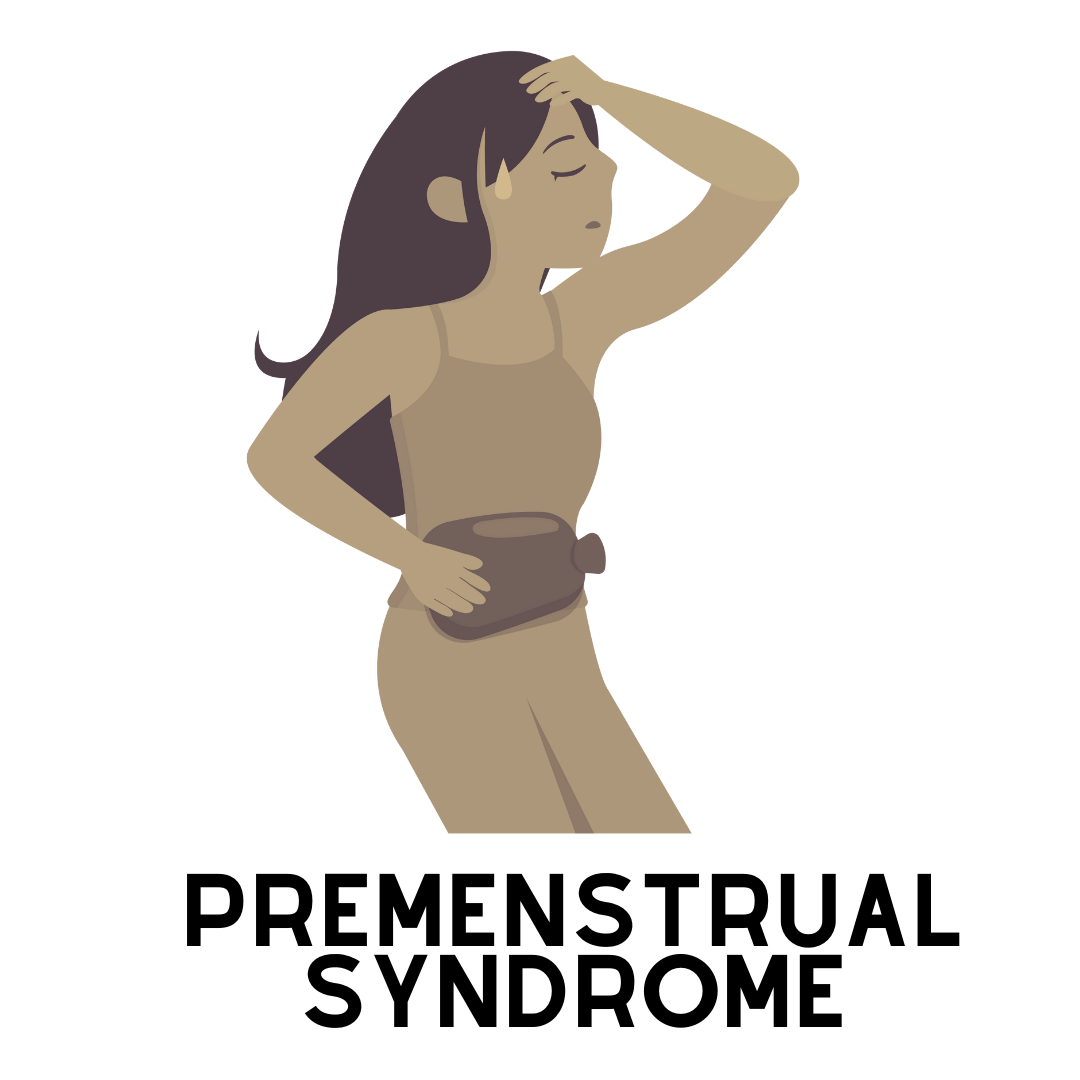
Irregular or erratic menstruation
Many women experience irregular periods at some point in their lives. While this is often caused by simple changes in hormone levels, it can occasionally be a sign of a more serious underlying condition. Hormones play a vital role in regulating the menstrual cycle, and any imbalance can disrupt the normal flow of events.
In some cases, this can cause periods to become irregular or even stop altogether. Often, irregular periods are nothing to worry about and will resolve themselves over time. However, persistently abnormal periods may be a sign of an underlying endocrine (or hormonal) problem, which will need to be evaluated.
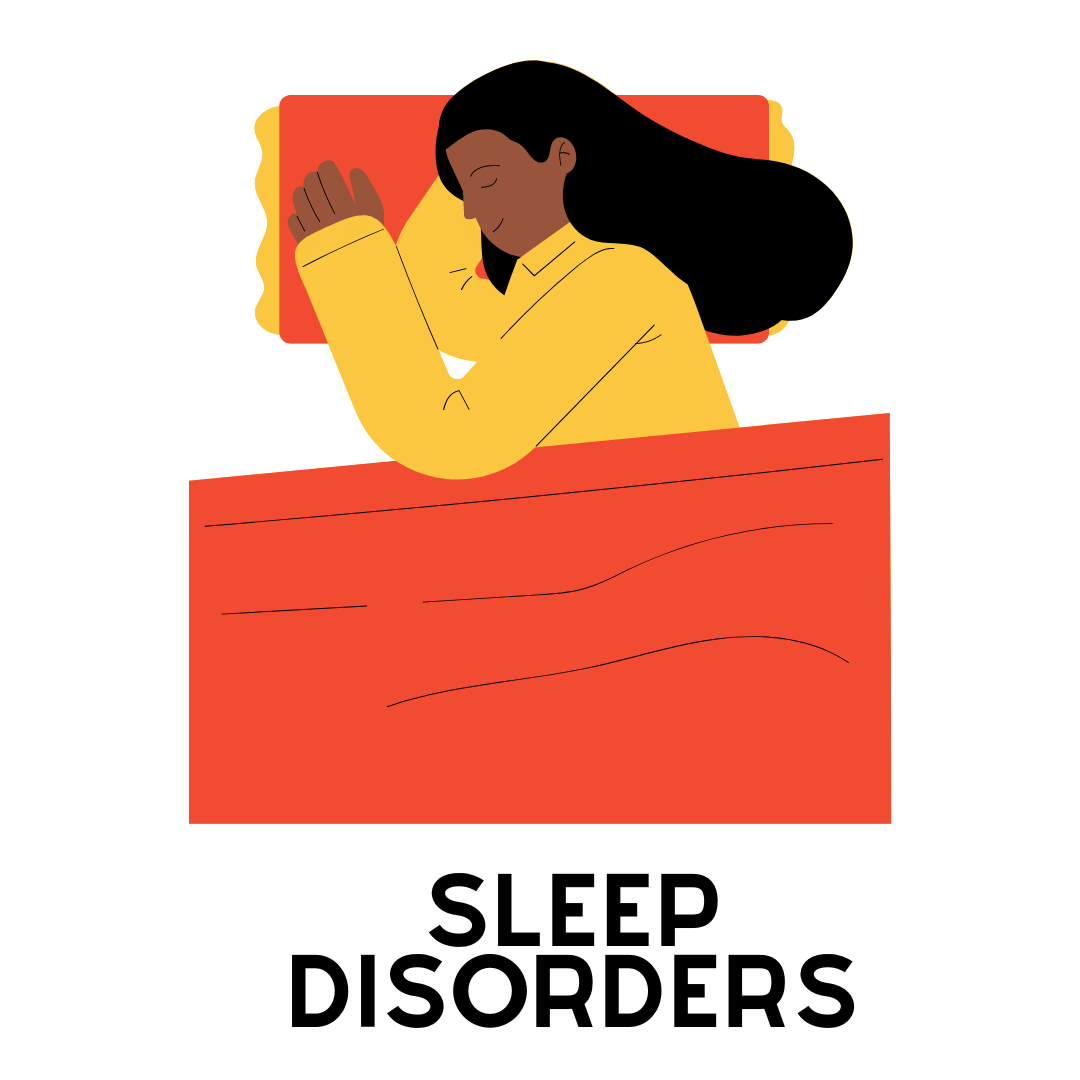
Poor sleep
Hormones play a critical role in regulating the body’s sleep-wake cycle. Two of the most important hormones are cortisol and melatonin. Cortisol is sometimes called the “stress hormone” because it helps the body to respond to stress. It is also involved in regulating blood sugar levels and energy metabolism.
Melatonin is sometimes called the “sleep hormone” because it helps to promote sleep. It is produced in response to darkness and plays a role in regulating the body’s circadian rhythms. Research has shown that both hormones can have an impact on sleep quality. For example, high levels of cortisol can disrupt sleep. In contrast, low levels of melatonin can make it difficult to fall asleep and stay asleep. Optimizing these hormone levels can ultimately help to improve sleep quality.
Dry skin
The skin is the largest organ in the human body, and it plays a vital role in protecting us from the elements. In order to function properly, the skin needs to be kept hydrated. Unfortunately, dry skin is a common problem that can be caused by a variety of factors, including hormones.
Hormonal imbalances can occur due to several reasons, such as puberty, stress, pregnancy, and menopause. When hormone levels are off-balance, it can lead to a decrease in sebum production, an oily substance that helps keep the skin moisturized. As a result, people with hormonal imbalances often experience dryness, itchiness, and flakiness.
Hormones and thirst sensation
When we think of thirst, we usually think of the sensation of an empty stomach or a dry throat. Indeed, thirst is regulated by hormones in the body, specifically by vasopressin and angiotensin II.
Vasopressin is produced in the pituitary gland (also known as the master gland) and helps to regulate water balance in the body. Angiotensin II is produced in the kidneys and helps to regulate blood pressure. Both of these hormones play a role in maintaining hydration levels in the body.
Thirst is triggered when the body detects a drop in blood pressure or a decrease in blood volume. This can happen when we lose fluids through sweating, urination, or breathing. The body releases vasopressin and angiotensin II in response to dehydration, signaling the body to conserve fluids and electrolytes through various complex hormonal processes.
The dreaded hot flashes
Hormones play a vital role in our bodies, regulating everything from our moods to our metabolism. Unfortunately, they can also cause some less-than-pleasant side effects, like hot flashes. Hot flashes are caused by a sudden drop in estrogen levels, which can cause the blood vessels to dilate (open up) and the body to overheat.
While hot flashes are most commonly associated with menopause, they can also affect women taking birth control pills or hormone therapy. Symptoms can vary from person to person, but most people experience a sudden feeling of warmth, followed by sweating and sometimes flushing. In some cases, hot flashes can be severe enough to wake you up. While there is no cure for hot flashes, treatments can help reduce their frequency and intensity.
Hair changes
The human body is covered in hair, and each individual strand is strongly influenced by hormones. For example, testosterone, the primary male sex hormone, helps to promote thicker, coarser hair growth.
In contrast, estrogen, the primary female sex hormone, generally leads to thinner, more delicate hair. Hormonal imbalances can cause hair texture and density changes and can even lead to hair loss. For example, an excess of testosterone can cause male pattern baldness. In contrast, an excess of estrogen can thin hair in women.
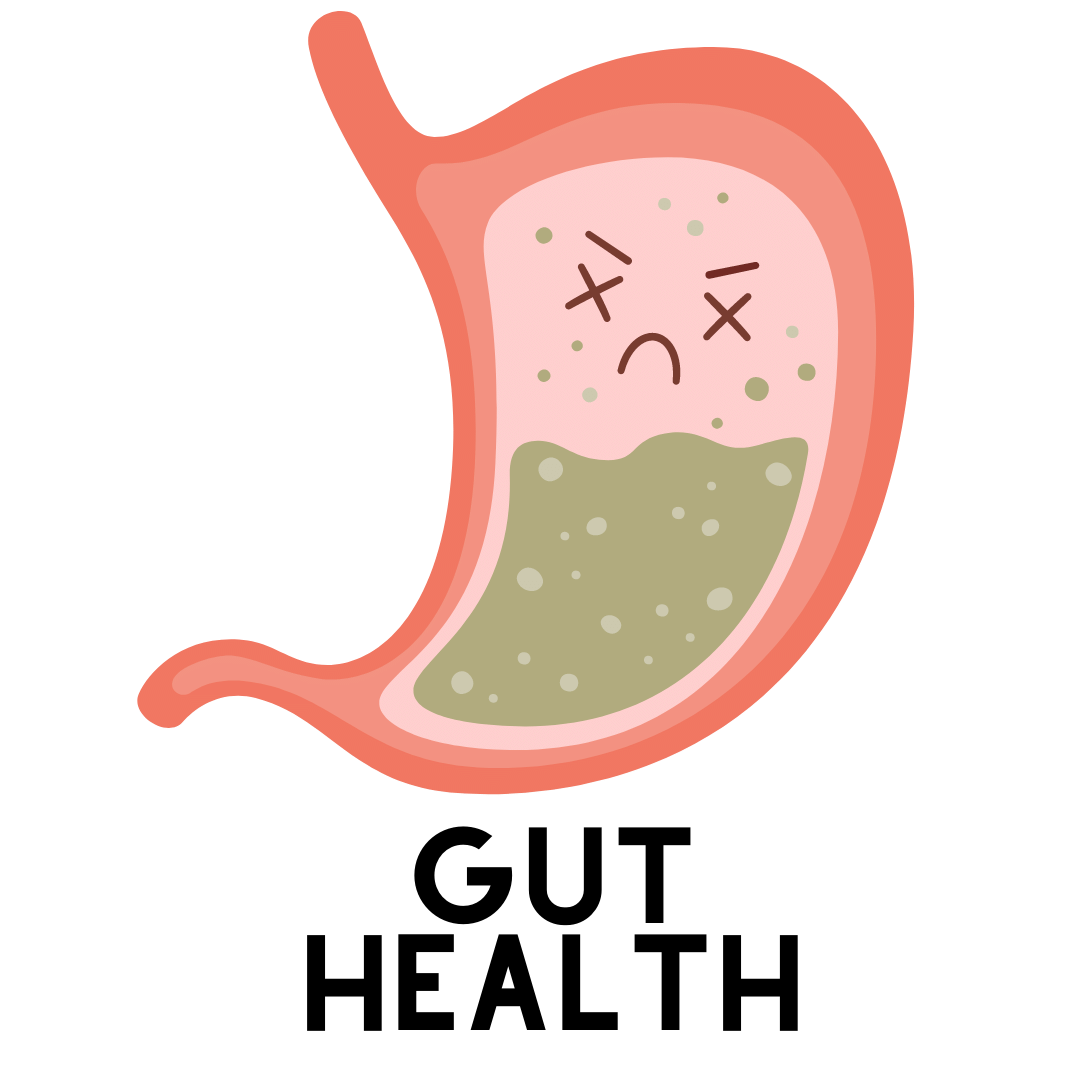
Gut health
The connection between hormones and gut health is well-established and has gained significant traction in the scientific community. For example, hormone levels can influence the growth of gastrointestinal bacteria, and in turn, the composition of gut bacteria can affect hormone levels.
Indeed, imbalances in gut bacteria have been linked to conditions such as obesity and insulin resistance, both of which are characterized by high levels of circulating hormones. Additionally, certain gut bacteria produce compounds that can interfere with normal hormone signaling. Therefore, maintaining a healthy gut is essential for keeping hormones balanced.
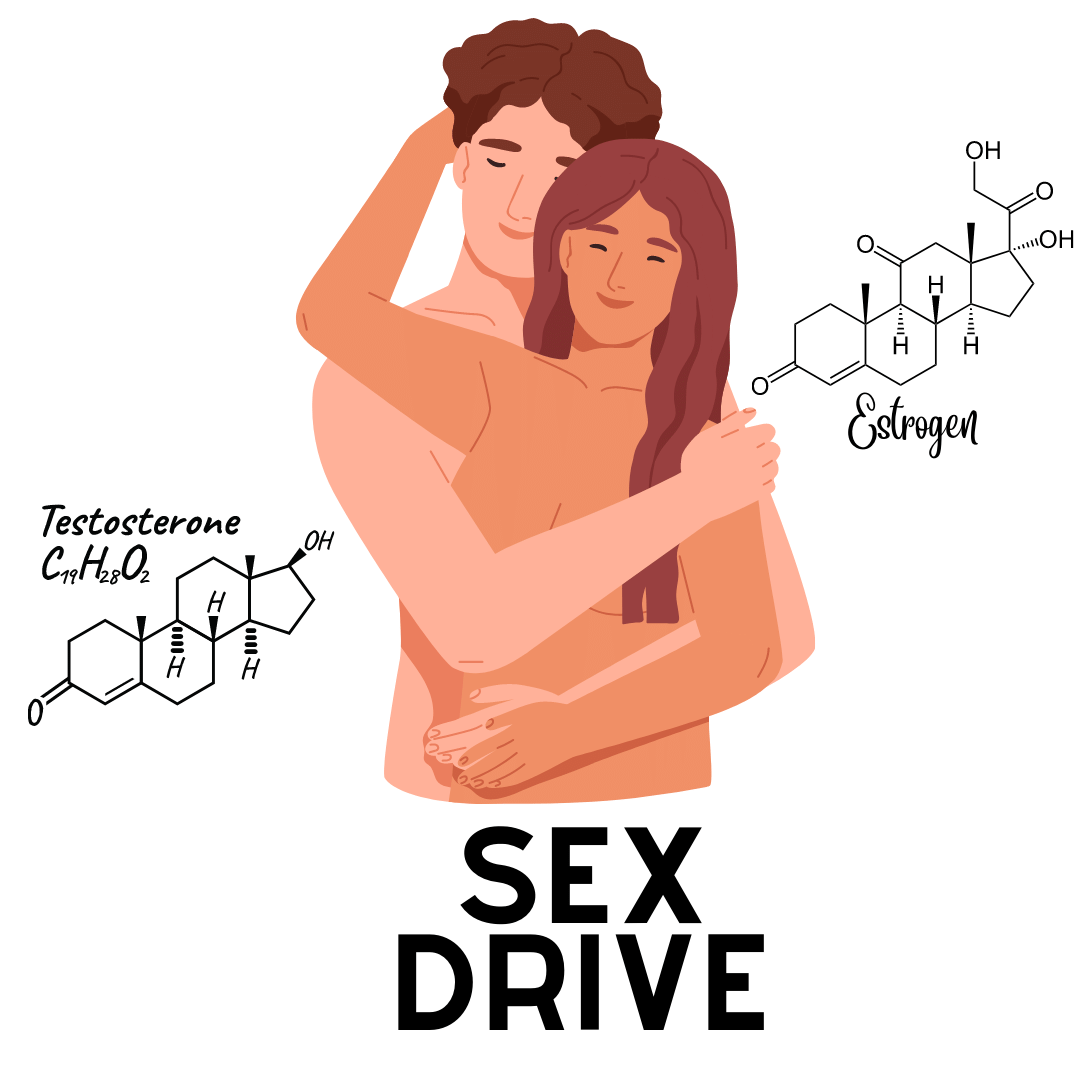
Libido
Hormones play a significant role in controlling our sex drive (also known as libido). In both men and women, testosterone is the primary hormone responsible for sexual desire. However, other hormones, such as estrogen, progesterone, and cortisol, can also affect our libido.
For example, high levels of the stress hormone cortisol can reduce sexual desire. In addition, changes in hormone levels can occur during different life stages. For instance, women often report a decrease in sex drive during menopause. Hormone imbalances can also be caused by certain medical conditions, such as thyroid or adrenal disorders.
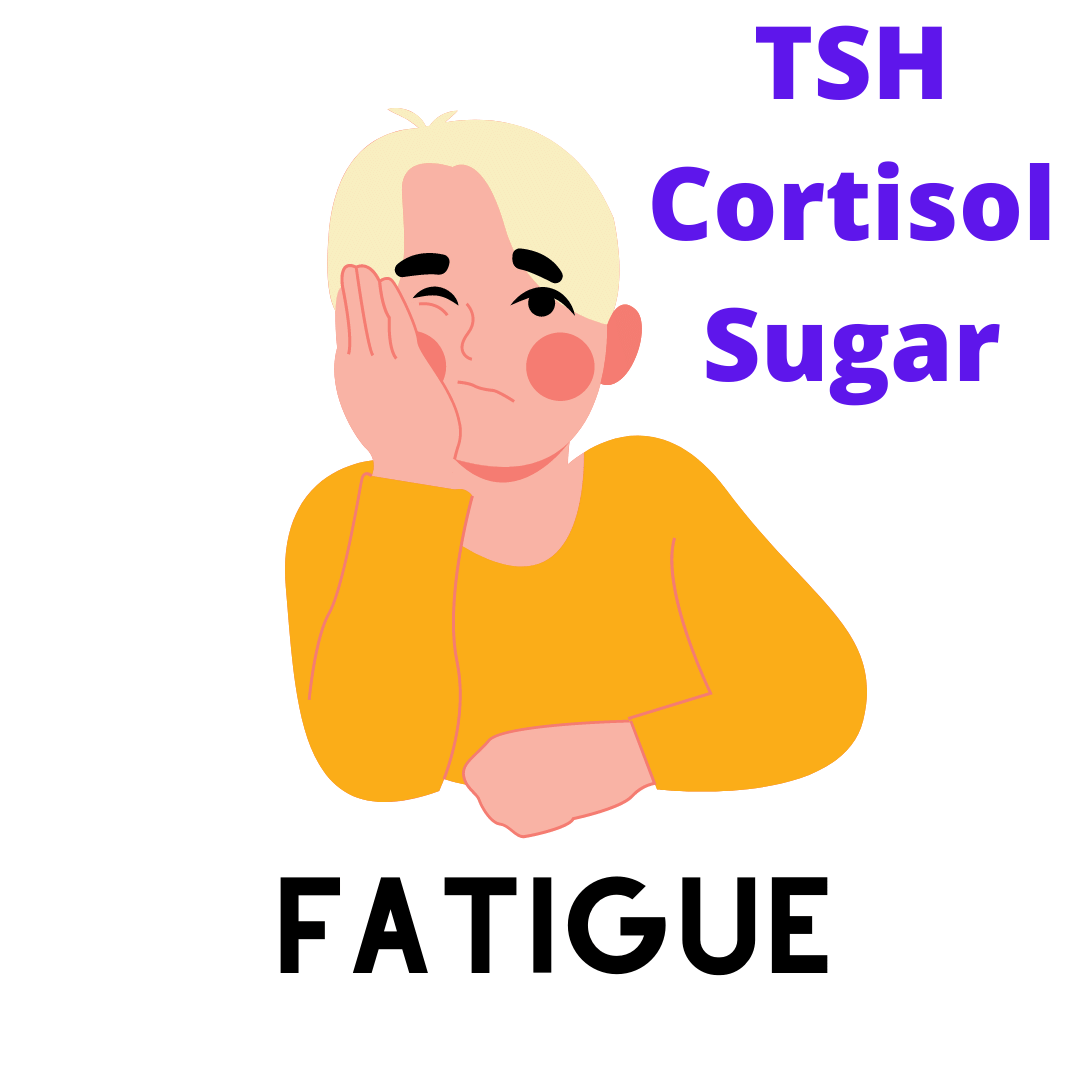
Fatigue
Fatigue is a common symptom of many hormonal imbalances. When our hormones are out of balance, it can affect our energy levels, mood, and overall sense of well-being. Common causes of fatigue include adrenal insufficiency, thyroid dysfunction, and menopause.
Blood sugar
Hormones play a critical role in regulating blood sugar levels. Insulin, for example, is a hormone that helps to move glucose from the blood into cells, where it can be used for energy. If insulin levels are too low, blood sugar levels can rise to dangerous levels. This can happen in people with diabetes who are not taking their insulin medication as prescribed. In addition, certain stress hormones can also cause blood sugar levels to rise.
When the body perceives a threat, it releases hormones like cortisol and adrenaline, which help to increase blood sugar levels in order to give the body a boost of energy. While this response can be lifesaving in an emergency situation, it can also lead to problems if it happens on a chronic basis. Over time, chronic stress can lead to high blood sugar levels, which can damage the body’s organs and lead to serious health problems.
Brain fog
Many women experience brain fog and other cognitive difficulties during perimenopause and menopause. These problems are often caused by changes in hormone levels, which can impact everything from sleep patterns to mood. In some cases, brain fog may be caused by underlying health conditions, such as thyroid problems or depression. However, there are also many lifestyle factors that can contribute to cognitive decline, including stress, lack of exercise, and poor nutrition.
Acne
Acne is a common skin condition that affects people of all ages. While it is most commonly associated with puberty, it can also occur in adults. Acne is caused by a variety of factors, including hormones. Hormonal changes cause an increase in oil production, which can clog pores and lead to breakouts. Additionally, hormones can also trigger inflammation, which can worsen acne symptoms.
High calcium levels
Abnormal calcium levels can be caused by a variety of factors, including hormone imbalances. Calcium is a essential mineral for many bodily functions, including muscle contraction, blood clotting, and nerve transmission.
When levels are too high or too low, it can lead to a variety of problems. For example, high calcium levels can cause kidney stones, while low calcium levels can lead to osteoporosis. Hormone imbalances can also cause abnormal calcium levels.
For example, parathyroid hormone regulates calcium absorption from the gut, while thyroid hormone regulates calcium levels in the blood (by altering calcium regulation in the skeleton)

Infertility
Infertility is a common problem, affecting millions of couples around the world. While there are many possible causes of infertility, one of the most common is an imbalance of hormones. The reproductive process is controlled by a delicate balance of several different hormones, and any disruption to this balance can make it difficult to conceive.
In men, hormone imbalances can cause problems with sperm production or quality. In women, hormone imbalances can interfere with ovulation or prevent the uterus from properly preparing for pregnancy.
Screening Tests
Hormone imbalances can be treated effectively if they are caught early. This typically requires some form of hormonal evaluation of body fluids or secretions such as blood, urine, or saliva. Evaluation of hormones can be affected by various factors including the time of day (circadian rhythm), meal intake, medication exposure etc.
Imaging tests such as ultrasounds and MRI scans can be used to look for abnormalities in the endocrine system. In some cases, genetic testing may also be ordered. While screening tests can be helpful in detecting hormone disorders, it is important to remember that they cannot diagnose a disorder definitively. If a screening test shows signs of an imbalance, further testing will be needed to confirm the diagnosis. This process is sometimes laborious and may occur over a few days or even weeks.
Reasons why your doctor can’t give you a Hormone Imbalance Test
If you suspect that you may have a hormone imbalance, you may be wondering why your doctor can’t give you a simple test to confirm your suspicions. There are actually several reasons why this type of testing is not always reliable. First of all, hormone levels can fluctuate throughout the day, so a single test may not provide an accurate picture.
In addition, different people have different “normal” ranges for hormone levels, so what might be considered abnormal for one person may be perfectly normal for another. Finally, many factors (including stress, diet, and exercise) can affect hormone levels, so it can be difficult to isolate the cause of an imbalance. For these reasons, your doctor is likely to take a more holistic approach to diagnosing a hormone imbalance, taking into account your symptoms, medical history, and lifestyle choices.
How do you fix your hormonal imbalance?
A hormone imbalance is determined through the cause. In cases of hormone deficiency, hormone substitute therapy is usually the solution. If your hormonal imbalance has been found, you can either take oral, topical, or injectable medications.
Do you think you may be suffering from a hormone imbalance? Have you been experiencing any of the symptoms discussed? If this blog post has left you feeling concerned about your own health, we encourage you to make an appointment with an endocrinologist. They will be able to determine if hormone imbalance is the cause of your symptoms and help you develop a treatment plan that is right for you.
Don’t let hormone imbalance control your life – get the treatment you need and start feeling like yourself again! Thanks for reading!
Disclaimer
The opinions expressed here represent the views of a practicing hormone specialist (endocrinologist) and must not substitute the advice of your health care provider. This blog post is written for a non-medical audience interested in learning more about hormonal disorders. The author has no commercial conflicts of interest to declare.
Images(s) Courtesy
MyEndoConsult
Kindly Let Us Know If This Was helpful? Thank You!


